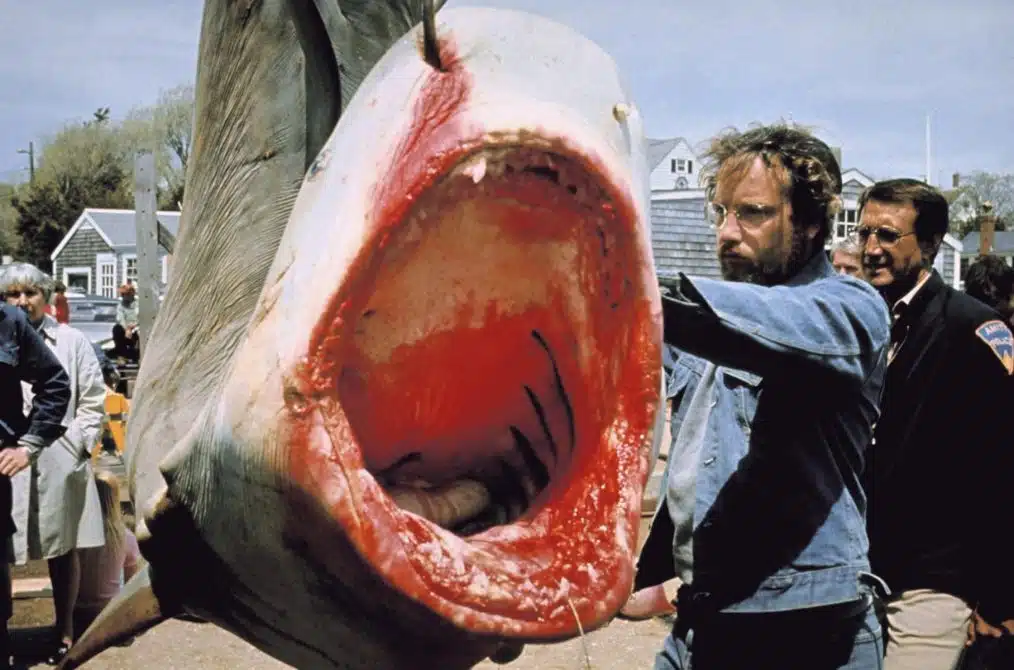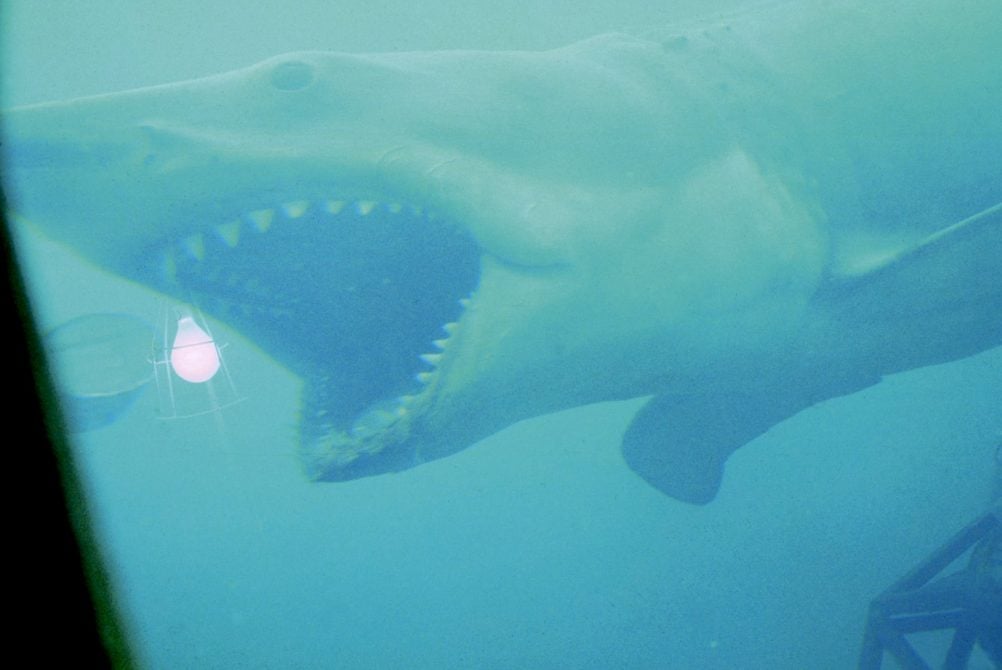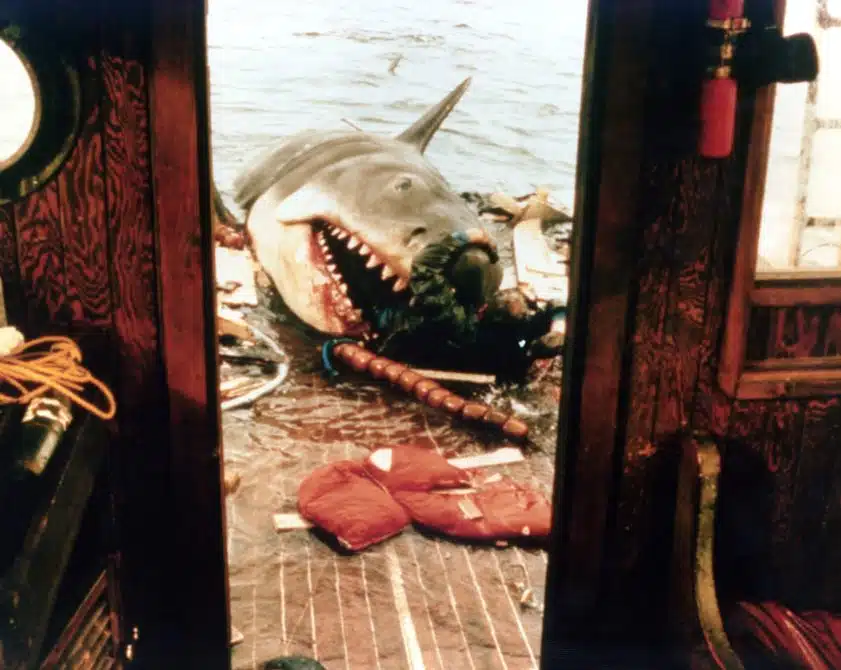Spielberg Says One Of The Worst Parts Of ‘Jaws’ Was A ‘Blessing In Disguise’
[ad_1]


Steven Spielberg‘s American thriller movie, Jaws, adapted from Peter Benchley’s novel of the same name, captivated viewers and reshaped the very essence of filmmaking itself. The movie is often hailed for its pivotal role in birthing the modern blockbuster era, and upon its release in 1975, it became the highest-grossing film of its time, but not without its fair share of challenges.
Recently, the movie director, Steven Spielberg, reflected on the production of Jaws. While reminiscing about the problems the crew encountered during filming, the 77-year-old is grateful for the invaluable career lessons that came with it.
What was the problem with ‘Jaws’?


Throughout the filming, numerous challenges plagued the production set, resulting in the schedule extending beyond 100 days and the budget soaring from an initial $4 million to a staggering $9 million. Among the most significant hurdles was the consistent malfunctioning of the three mechanical sharks, affectionately dubbed Bruce.
The improvised sharks frequently encountered technical glitches during filming, causing delays and disruptions. While shooting a scene, one of the Bruce sharks suddenly nosedived to the ocean floor, adding to the logistical nightmares faced by the production crew.


The mechanical sharks’ failure forced him to be innovative
During an interview with Entertainment Weekly, Spielberg revealed that the malfunctioning improvised Jaws shark unexpectedly became an opportunity for the entire production rather than a setback. He shared how this challenge spurred his creativity, leading him to adopt techniques similar to Alfred Hitchcock’s suspenseful filmmaking style.


Instead of showcasing the shark directly, Spielberg opted for a more indirect approach, filming the attacks from above the water’s surface, keeping the creature hidden from view, intensifying the suspense, and making the audience’s imagination run wild. “The fact that the shark didn’t work on the set was an artistic blessing in disguise — it forced me to be Hitchcockian,” he confessed to Entertainment Weekly.
[ad_2]
Source link



